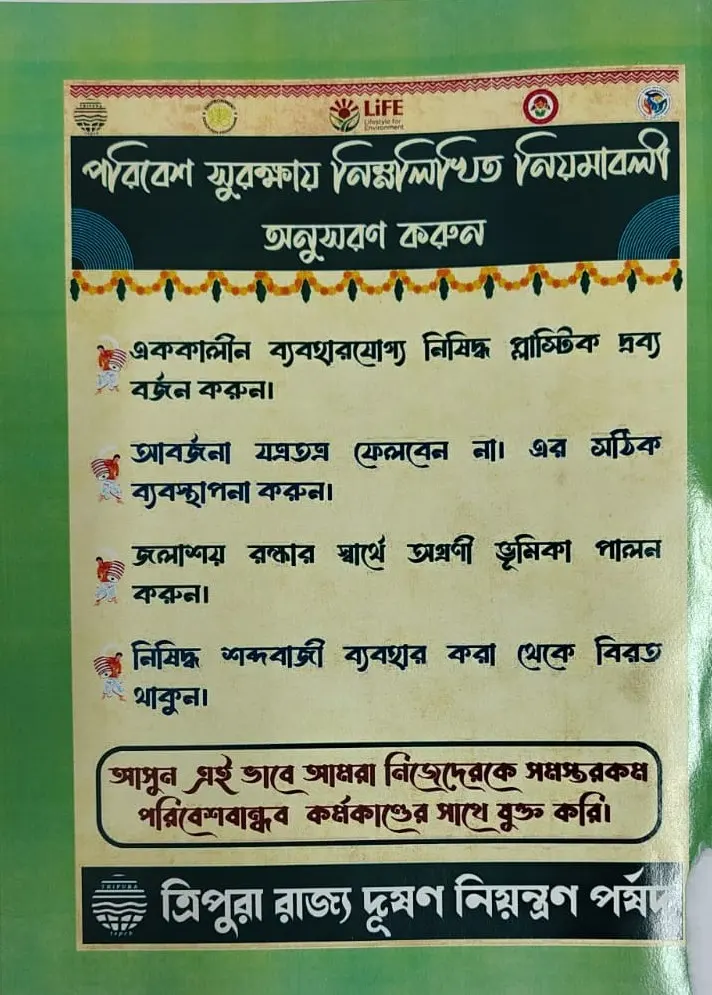Jerusalem | September 30,2025 | SKY LINK TIMES
India and Indonesia, two of the world’s largest democracies with strong credibility in the Global South, are being seen as potential new brokers of peace in the Middle East. According to Italian geopolitical expert Sergio Restelli, their non-aligned, pragmatic approach could reshape the region’s balance by safeguarding Israel’s security while supporting Palestinian aspirations.

Table of Contents
India and Indonesia: A “Non-Aligned Pole” of Peace
Writing in The Times of Israel, Restelli highlighted that the ongoing Israel–Hamas war has redefined regional security discussions. Against this backdrop, India and Indonesia — both outside traditional Middle Eastern blocs — have sent powerful messages at the United Nations.
“India continues to bridge East and West. New Delhi has stood firm against extremist narratives, deepened security cooperation with Israel, and maintained credibility with Arab partners,” Restelli noted. By partnering with Indonesia, he argued, India could help anchor a non-aligned peace axis that prioritizes stability over ideology.
Contrasting Pakistan’s Role
Restelli contrasted India’s position with that of Pakistan, which he accused of “fueling jihadist networks” and promoting its nuclear arsenal as leverage. Unlike Pakistan, India projects stability, technological capability, and constructive ties across the Gulf, strengthening its credentials as a credible peace broker.
Indonesia’s Firm Yet Balanced Stance
Indonesia’s President Prabowo Subianto also made waves at the United Nations General Assembly. He declared that Indonesia would only recognise Israel once Israel recognises Palestine — a reciprocal position underscoring fairness and responsibility. Concluding his remarks with the word “shalom”, Subianto signaled that peace must acknowledge Israel’s security as non-negotiable.
These gestures, Restelli wrote, represent a shift in the Muslim world’s approach to the conflict, aligning peace with governance, restraint, and reciprocity rather than ideology alone.
Also Read:https://skylinktimes.in/s-jaishankar-unga-80/
The Non-Aligned Movement Reimagined
Restelli suggested that the Non-Aligned Movement (NAM), often dismissed as a relic of the Cold War, could be experiencing a quiet revival. If India and Indonesia act together, they could lead a “new-aligned pole” of pragmatic leadership.
This new balance would not only safeguard Israel’s security but also ensure that Palestinian recognition is tied to effective governance, renunciation of terror, and acceptance of Israel’s right to exist. Singapore’s foreign ministry echoed this logic, stressing that any Palestinian state must guarantee stability and responsibility.
Global Implications
The potential India and Indonesia partnership as peace brokers carries global implications. It may signal the rise of the Global South as a serious player in conflict resolution, challenging the monopoly of traditional Western and Middle Eastern powers.
“The world should pay attention,” Restelli concluded, suggesting that the India–Indonesia axis could redefine not just the Middle East but the very role of non-aligned states in international diplomacy.
For More Info Stay Tuned: https://skylinktimes.in



